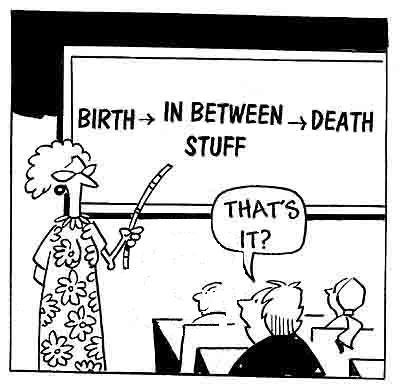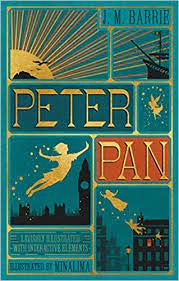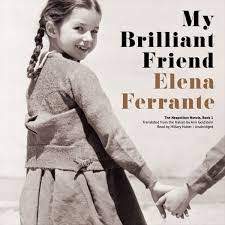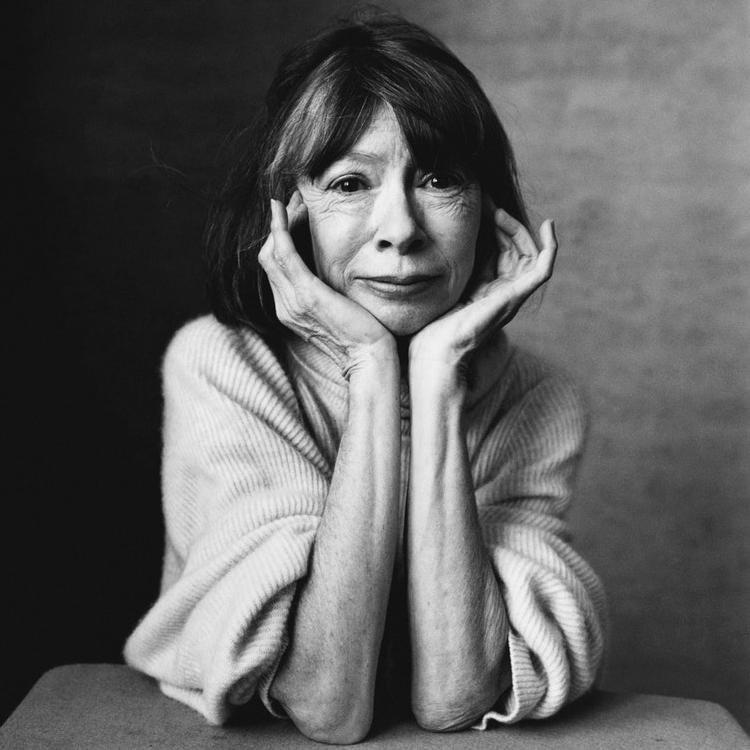EN9C2 Literature and the Lifecourse: From Infancy to the End of Life

This module will look at modern (C20 and C21) UK and US literary responses to the different phases and key transitions of the lifecourse from infancy to old age, engaging perspectives from developmental psychology, psychoanalysis, medicine, sociology and history. It will also think about what it is to write a life, drawing on theoretical and conceptual frameworks from genre studies (lifewriting/(auto)biography, Bildungsroman, Reifungsroman (novel of ‘ripening’). Key themes will include time, work, aging, disability, sexuality, gender and reproduction, and the end of life. Each week the students will look at one or more fictional text, alongside a historically important formulation of the lifecourse categories (from the fields of history, sociology, psychology).
Teaching
10 x 2-hr seminars; 1 x one-to-one essay tutorial
Assessment
|
15 minute presentation |
20% |
|
1 x 4000 Words |
80% |
Syllabus
Please contact Liz Barry on e.c.barry@warwick.ac.uk if you want more information about the module. We won't be using specific editions, but make sure you read Barrie's last version of the Peter Pan story, the novel called Peter and Wendy.
|
Unit 1: Childhood (Weeks 1-3) Week 1 Language, Emotion and the Body James Joyce, A Portrait of the Artist as a Young Man, chapter I (1916) [opening to ‘But the Christmas vacation was very far away: but one time it would come round because the earth moved round always.’] From: Richard Wright, Black Boy (1945) From: Toni Morrison, The Bluest Eye (1970), 1-10 Joy Williams, 'Train' (1972)
From: Philippe Ariès, Centuries of Childhood: A Social History of Family Life (1960) Neil Postman, 'The Disappearance of Childhood' (2012) A talk on Postman's ideas: Talk by Frank W. Elwell (Rogers State U) on Postman's theory of childhood and its disappearance A TED talk about comparative childhoods and importance of context in evaluating children's wellbeing by an anthropologist -- I wasn't sure about all of it but there are some good points here, I think. What is the most important influence on child development | Tom Weisner | TEDxUCLA - YouTube Introductory lecture (childhood) (Slides from week 1) Week 2 Childhood and Sexual Development J. M. Barrie, Peter Pan (Peter and Wendy) (1911) [you should eventually read this in a better edition, and it is in the library, but if you want to make a start the text is available for free via Project Gutenberg here: https://www.gutenberg.org/files/16/16-h/16-h.htm]
Freud, ‘The Sexual Researches of Childhood’ (1905); ‘The Wolf Man’ (1914); Jacqueline Rose, ‘Introduction’, ‘Peter Pan and Freud’, The Case of Peter Pan, or, The Impossibility of Children’s Fiction (London: Macmillan, 1984)
Week 3 Friendship, Emnity and Growing Up From Alice Childress, A Hero Ain’t Nothing But a Sandwich (1973) From Elena Ferrante, My Brilliant Friend (2011)
William M. Bukowski et al, ‘Friendship and its significance in childhood and adolescence’, The Company They Keep: Friendships in Childhood and Adolescence, ed. William H. Bukowski et al (Cambridge University Press, 1998), 1-16 Alison Lee, ‘Feminine Identity and Female Friendships in the ‘Neapolitan’ Novels of Elena Ferrante’, British Journal of Psychotherapy, vol. 32, no. 4 (2016), 491-501 Susan Honeyman, Elusive Childhood: Impossible Representations in Modern Fiction (Ohio State University Press, 2005), ‘Introduction’ Unit 2: Adolescence (Weeks 4-6) Week 4: Sexual and Social Awakenings Philip Pullman, Northern Lights (His Dark Materials trilogy) (1995)
From: G. Stanley Hall, Adolescence (1904) From: Erik Erikson, Identity: Youth and Crisis (1968)
Week 5: Conflict, Authenticity, Identity From: J. D. Salinger, The Catcher in the Rye (1951) S. E. Hinton, The Outsiders (1967)
From: Lawrence Steinberg, Adolescence (1985; 2010 edition) From: Sarah-Jayne Blakemore, Inventing Ourselves: The Secret Life of the Teenage Brain (2018)
Week 6: Masculinity, Race and Sexuality Moonlight (2016), dir. Barry Jenkins
Pamela Demory, ‘Moonlight, Adaptation and Queer Time’, in Demory (ed.), Queer/ Adaptation (2019), 89-105 Joanna di Mattia, ‘The aesthetic of the ecstatic: reimagining black masculinity in Moonlight’, Screen Education, no. 93 (2019) Adolescence II: Moonlight (slides)
Unit 3: Adulthood (Weeks 7-8) Week 7: Work and Family From Studs Terkel, Working: People Talk About What They Do All Day (1974) Arthur Miller, Death of a Salesman (1949) From: David Mamet, Glengarry Glen Ross (1983) Ling Ma, Severance (2018)
From: Gail Sheehy, Passages (1974); Steven Mintz, The Prime of Life: A History of Modern Adulthood (2015) A. O. Scott, ‘The Death of Adulthood in American Culture’, New York Times, 14th September 2014 From: Jonathan Crary, 24/7 (2013)
Week 8: Queer, Genderqueer and Trans Adulthoods Maggie Nelson, The Argonauts (2015) Thomas Page McBee, Amateur (2018) From: Eve Kosofsky Sedgwick, Epistemology of the Closet (1990) Jay Prosser, ‘Judith Butler, queer feminism, transgender, and the transubstantiation of sex’, in Susan Stryker (ed.), The Transgender Studies Reader (2006), 273-297
Unit 4: Old Age (9-10) Week 9: Images of Ageing Stories: Patrick White, ‘Five Twenty’ (1968); Toni Cade Bambara, ‘My Man Bovanne’ (1972); Alice Munro, ‘Lichen’ (1985), ‘Margaret Atwood, ‘Torching the Dusties’ (2014)
From: G. Stanley Hall, Senescence (1922) From: Elaine Cumming and William Earl Henry, Growing Old: The Process of Disengagement (1961) Susan Sontag, ‘The Double Standard of Aging’ (1972) William L. Randall, ‘Aging, irony, and wisdom: On the narrative psychology of later life’, Theory and Psychology (2013), 23(2) 164 –18 Living a Good Life in Older Age symposium, Warwick, July 2018 - YouTube (talks from a conference I organized, including the work by Kimberley Brownlee we discussed, and talks by Marlene Goldman and Margaret Gullette, names we've also conjured with on the module!)
Week 10: Frailty, Memory and End of Life Julian Barnes, The Sense of an Ending (2011) Joan Didion, Blue Nights (2011) |
Selected Secondary ReadingChildhood Susan Honeyman, Elusive Childhood: Impossible Representations (2005) James Kincaid, Erotic Innocence (1998) Karin Lesnik-Oberstein, Children’s Literature: Criticism and the Fictional Child (1994) Ellen Pfifer, Demon or Doll: Images of the Child in Contemporary Writing and Culture (2000) Jacqueline Rose, The Case of Peter Pan: The Impossibility of Children’s Fiction (1983) Rebekah Sheldon, The Child to Come: Life After the Human Catastrophe (Minneapolis, U of Minnesota Press, 2016) Joseph L. Zornado, Inventing the Child: Culture, Ideology and the Story of Childhood (2001) Adolescence Jeffrey Arnett, Emerging Adulthood (2006) Catherine Driscoll, Girls: Feminine Adolescence in Popular Culture and Cultural Theory (2002) Varda Konstam, Emerging and Young Adulthood: Multiple Perspectives, Diverse Narratives (2008) Adulthood/ Work Sara Edelstein, Adulthood and Other Fictions: American Literature and the Unmaking of Age (2018) Neil J. Smelser and Erik Erikson, Themes of Work and Love in Adulthood (1980) Paul Willis, Learning to Labour: How Working-Class Kids Get Working-Class Jobs (1976; 2012) Older Age Thomas Cole, Journey of Life: A Cultural History of Aging (1992) Margaret Morganroth Gullette, Safe At Last in the Middle Years (1989) Linda Hess, Queer Aging in North American Fiction (2019) Helen Small, The Long Life (1991) Kathleen Woodward, Aging and Its Discontents: Freud and Other Fictions (1991) Lifecourse Studies Anthony R. D’Augelli and Charlotte J. Patterson, Lesbian, Gay and Bisexual Identities over the Lifespan: Psychological Perspectives (1995) Barbara Newman, Philip R. Newman, Development Through Life: A Psychosocial Approach (2011) Susan Pickard, Age, Gender and Sexuality through the Lifecourse: The Girl in Time (2018) |





